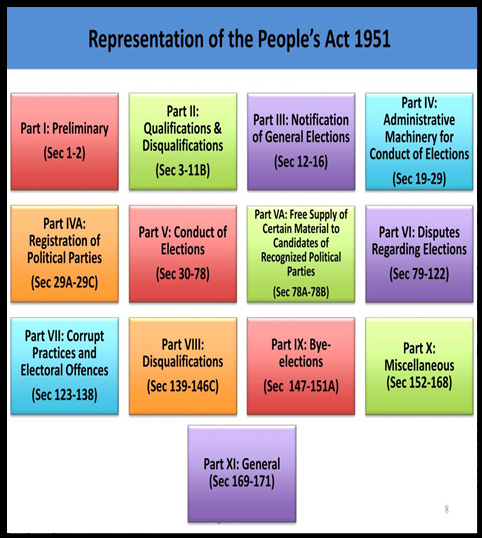CANDIDATES HAVE A RIGHT TO PRIVACY FROM VOTERS, RULES SC
Why in the news?
Supreme Court rules on candidates’ right to privacy regarding disclosure requirements in election affidavits, clarifying relevant asset declaration.
Key Points of the Verdict:
- Candidates are not obligated to reveal every detail of personal life.
- Non-disclosure is not considered a ‘corrupt practice’ unless directly relevant to candidacy.
- Assets need not be disclosed unless substantial or indicative of lifestyle affecting candidacy.
- The Supreme Court verdict asserts election candidates’ right to privacy.
- Clarifies disclosure requirements under the Representation of People Act, 1951.
source:scribd
About Section 123(1) of the Representation of the People Act, 1951:
What is the Right to Privacy ?
|





